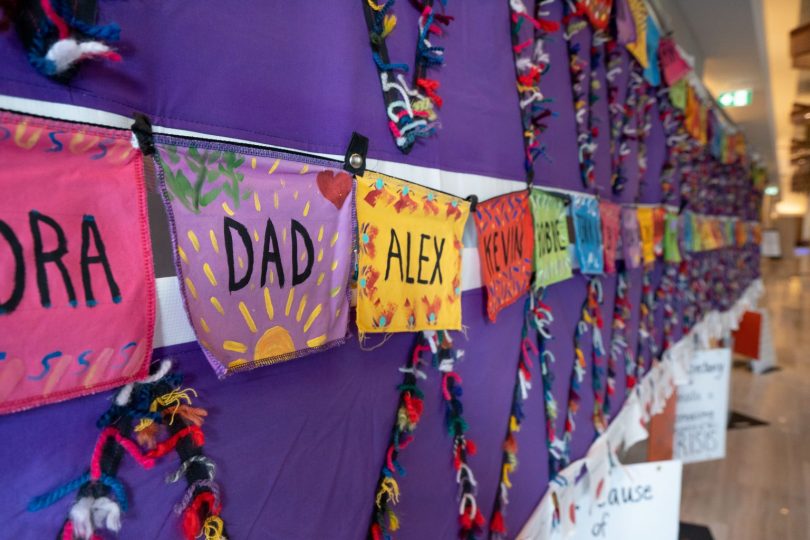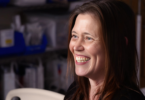This story originally appeared as a blog post on the BC Centre on Substance Use website.
Today marks the fifth year since the declaration of the overdose public health emergency.
We reflect on the tremendous efforts to prevent and respond to toxic drug poisonings, to change clinical practice and policy, and to improve people’s lives – and we acknowledge that it hasn’t been nearly enough. People keep dying, and at higher rates than ever during the intersection of two public health emergencies.
We share the grief, anger, and frustration that we are five years into a public health emergency that has been unrelenting and unforgiving and feels unending.
Today and every day we remember those whose lives have been loss unnecessarily.
We express our gratitude to those on the frontlines responding to overdoses and supporting our communities.
We must listen and we must learn from lived experiences through this crisis. We call upon others to join us in acting on this expertise.
We listen:
… to those who rely on the illicit drug supply who are telling us we need to stop criminalizing substance use, poverty, and homelessness as this is creating more harms and more vulnerability.
… to people who are saying that we cannot approach this issue as a criminal one, or as solely a health issue, as doing so perpetuates stigma and discrimination.
… to the science that has demonstrated that criminalizing substance use, poverty, and homelessness is creating more harms and more vulnerability.
… to the families who are calling for better supports, including better access to and engagement in care, more prevention, and more training in the health system to respond to the needs of their loved ones.
… to people on the frontlines who are calling for a safer, regulated drug supply of all types of pharmaceutical alternatives.
… to health care providers who are saying that the drug supply has become so toxic and poisonous that treatment alone cannot stop this, that approaches outside and alongside the medical model must be taken.
… to those who are evidence that recovery is possible and are calling for improved access and quality of those services and more investments and supports for people travelling this path.
… to young people who tell us they need services that meet them where they’re at, not the other way around.
…to Indigenous people and First Nations communities who live in the context of the daily harms of intergenerational effects of colonization and racism that results in a disproportionate representation in drug poisonings and deaths
… to those who tell us that the daily racism they face in our society is preventing them from receiving the care and support they require and deserve.
We remember those who have died, we listen to those who have survived, and we honour what we hear by centering this expertise in our work and in our actions.





